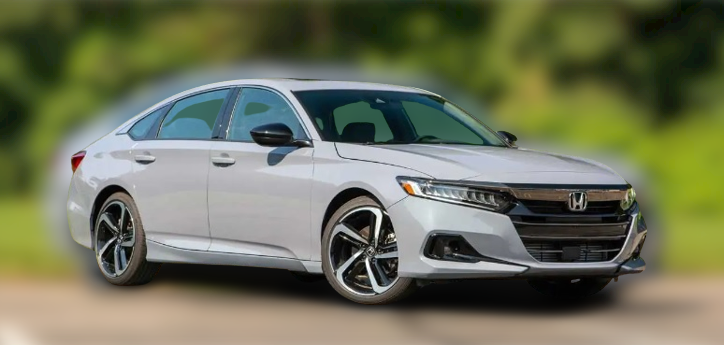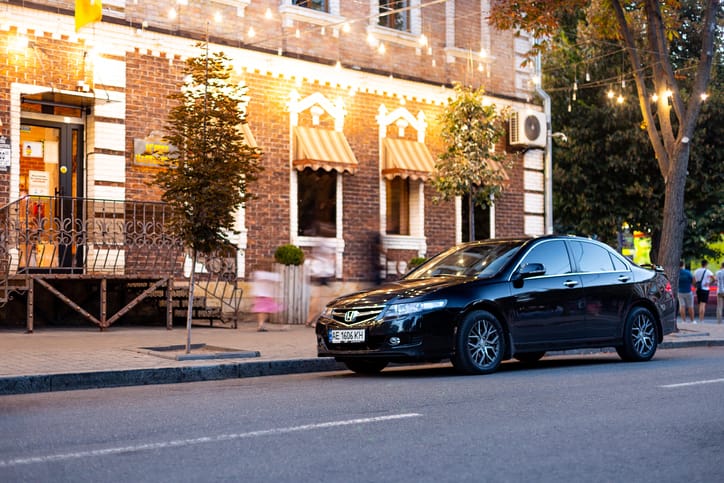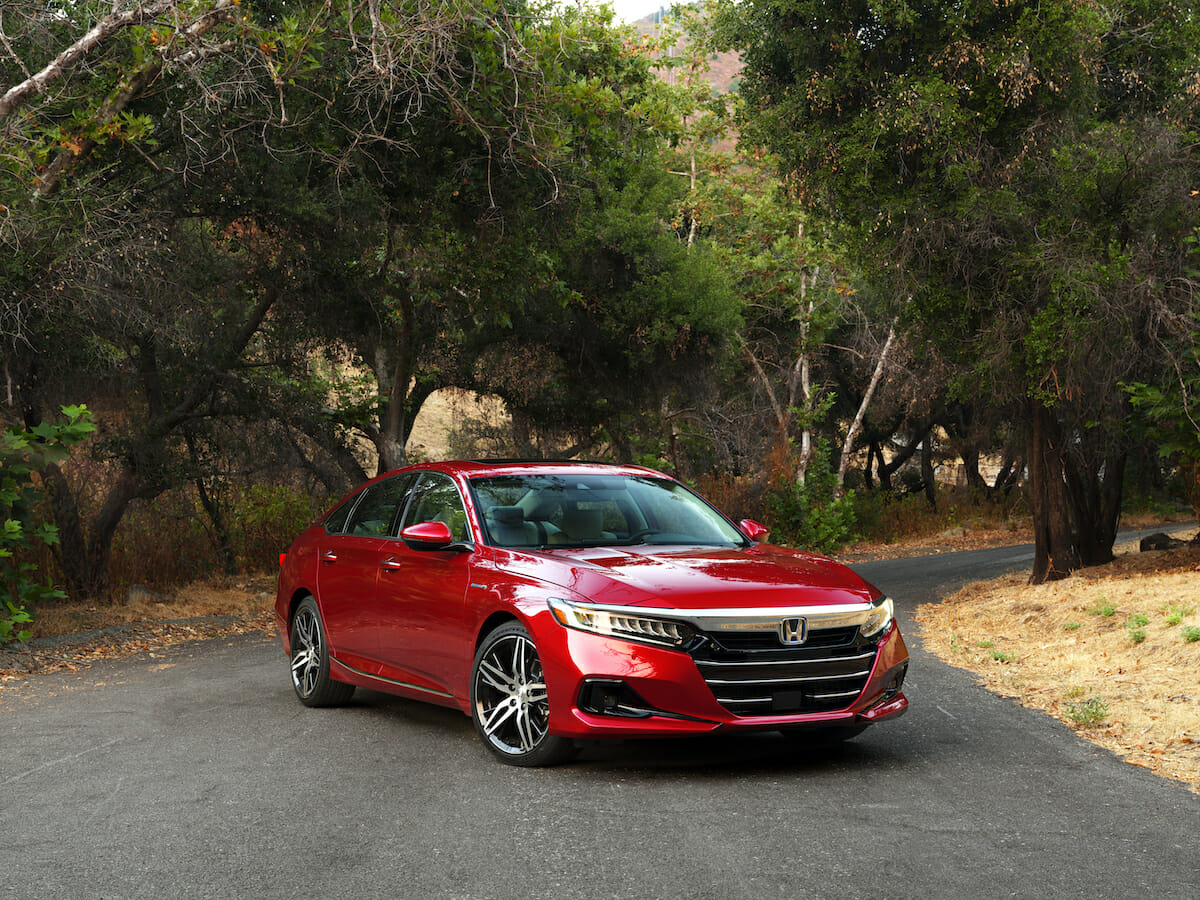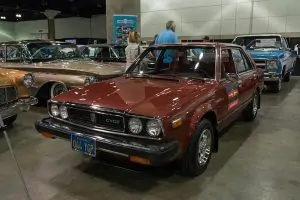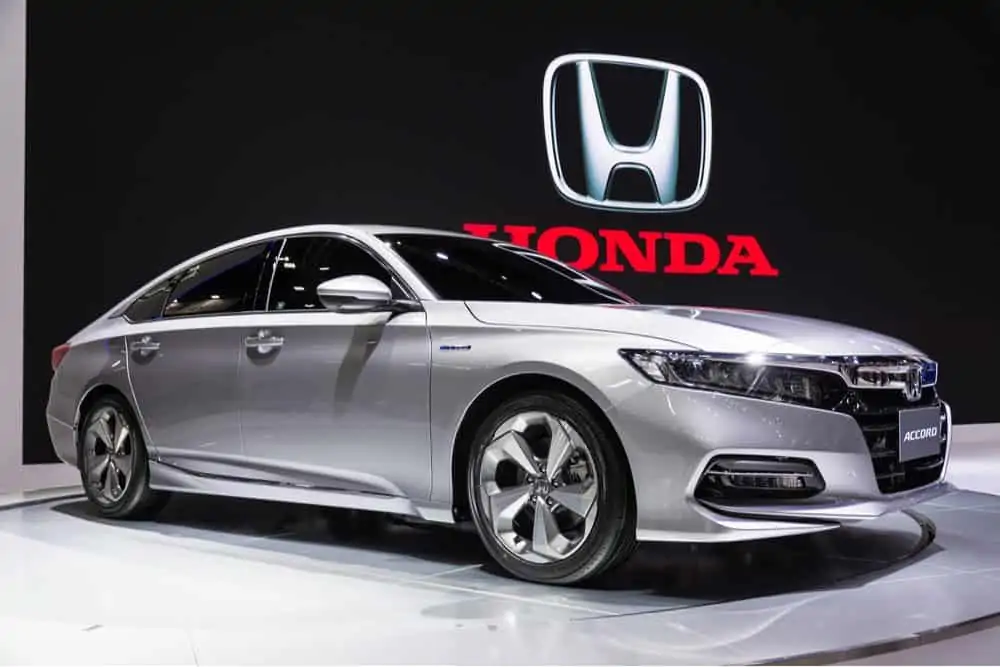The Honda Accord: A Legacy Of Reliability, But Beware These Years
By admin / September 22, 2024 / No Comments / 2025
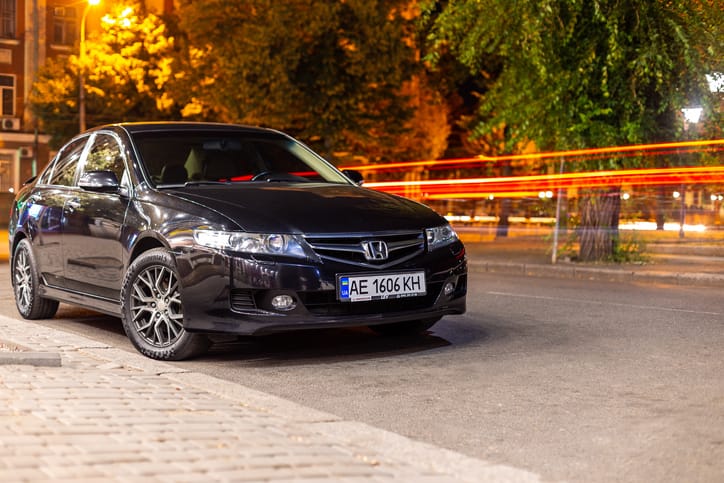
The Honda Accord: A Legacy of Reliability, But Beware These Years
The Honda Accord, a staple in the midsize sedan market, has earned a reputation for its reliability, fuel efficiency, and comfortable ride. For many, it’s the quintessential family car, offering a blend of practicality and performance. However, even a car as celebrated as the Accord has its share of problematic years.
This article will delve into the history of the Honda Accord, highlighting the years that have been plagued by common issues and should be approached with caution. We’ll examine specific problems, their frequency, and the associated costs of repair. By understanding these pitfalls, potential buyers can make informed decisions and avoid costly headaches down the line.
A Brief History of the Honda Accord
The Honda Accord debuted in 1976 as a compact car, quickly gaining popularity for its fuel efficiency and reliability. Over the years, it has evolved into a midsize sedan, consistently ranking among the top-selling vehicles in the US. The Accord has undergone numerous redesigns and updates, each generation bringing new features and advancements.
The Years to Avoid
While the Honda Accord is generally known for its reliability, certain model years have been plagued by recurring issues. Here’s a breakdown of the years to avoid, categorized by the specific problems they’re known for:
1. Transmission Problems:
- 1998-2002 Honda Accord: These models, equipped with the 4-speed automatic transmission, were prone to premature transmission failure. The issue was often attributed to faulty solenoids, worn clutch packs, and a lack of proper maintenance.
- 2003-2007 Honda Accord: The introduction of the 5-speed automatic transmission brought some improvements, but problems with the torque converter and valve body remained. These issues could lead to harsh shifting, slipping, and ultimately, complete transmission failure.
- 2013-2017 Honda Accord: While the 6-speed automatic transmission offered better fuel economy, it was plagued by premature wear and tear, particularly in the torque converter. This resulted in rough shifting, slipping, and potential transmission failure.
2. Engine Issues:
- 1990-1993 Honda Accord: These models were known for their 2.2L 4-cylinder engine that was prone to head gasket failures, especially in high-mileage vehicles. The issue was often caused by overheating, leading to costly engine repairs.
- 2003-2007 Honda Accord: The 2.4L 4-cylinder engine, while generally reliable, was susceptible to premature timing chain wear. This could lead to engine noise, reduced power, and ultimately, engine failure.
- 2008-2012 Honda Accord: The 3.5L V6 engine, despite its power, was prone to oil consumption issues, particularly in high-mileage vehicles. This could result in engine damage if not addressed promptly.
3. Electrical Problems:
- 2003-2007 Honda Accord: These models were known for their faulty electrical systems, leading to issues with the power windows, door locks, and other electrical components. The problem was often attributed to faulty wiring and connectors.
- 2013-2017 Honda Accord: The introduction of advanced electronic systems brought with it a series of electrical glitches, including faulty sensors, communication errors, and intermittent warning lights. These issues could affect various vehicle functions and require costly diagnostics.
4. Body and Suspension Issues:
- 2008-2012 Honda Accord: These models were known for premature rusting, particularly in the undercarriage and wheel wells. This was a common issue in areas with harsh winters and road salt.
- 2013-2017 Honda Accord: The suspension components, including the struts, shocks, and control arms, were prone to premature wear and tear, leading to a rough ride and handling issues.
5. Other Common Issues:
- 1994-1997 Honda Accord: These models were known for their faulty fuel pump, which could lead to engine stalling and difficulty starting.
- 1998-2002 Honda Accord: The front brake rotors were prone to warping, leading to pulsating brakes and uneven wear.
- 2008-2012 Honda Accord: The catalytic converter was known to fail prematurely, resulting in a check engine light and decreased performance.
Understanding the Impact of These Issues
The problems mentioned above can have a significant impact on the ownership experience. Here’s a breakdown of the potential consequences:
- Increased Repair Costs: The repair costs for the issues mentioned above can range from a few hundred dollars to thousands of dollars, depending on the severity of the problem and the age of the vehicle.
- Reduced Reliability: These issues can lead to unexpected breakdowns, leaving you stranded and disrupting your daily routine.
- Decreased Resale Value: The presence of these problems can significantly impact the resale value of your vehicle, making it harder to sell or trade in for a new one.
What to Do if You’re Considering a Honda Accord
If you’re considering buying a used Honda Accord, it’s crucial to be aware of the potential problems associated with specific years. Here are some tips for making an informed decision:
- Thoroughly Research the Model Year: Before you make an offer, research the specific model year of the Accord you’re interested in. Check online forums, owner reviews, and repair databases to see if there are any common problems associated with that year.
- Have a Pre-Purchase Inspection: Always have a qualified mechanic inspect the vehicle before you buy it. They can identify any potential problems that may not be visible to the naked eye.
- Ask for Service Records: Request the service records from the seller. This will give you an idea of the vehicle’s maintenance history and any repairs that have been performed.
- Consider the Mileage: Higher mileage vehicles are more likely to experience problems, especially if they haven’t been properly maintained.
- Factor in Potential Repair Costs: When evaluating the price of a used Accord, factor in the potential cost of repairs for any known issues associated with that model year.
Conclusion
While the Honda Accord is a reliable and popular vehicle, certain model years are more prone to specific problems. By understanding these pitfalls and taking the necessary precautions, you can avoid costly headaches and ensure a positive ownership experience. Research the model year, have a pre-purchase inspection, and consider the potential repair costs to make an informed decision. With careful consideration, you can find a reliable Honda Accord that will provide you with years of trouble-free driving.
